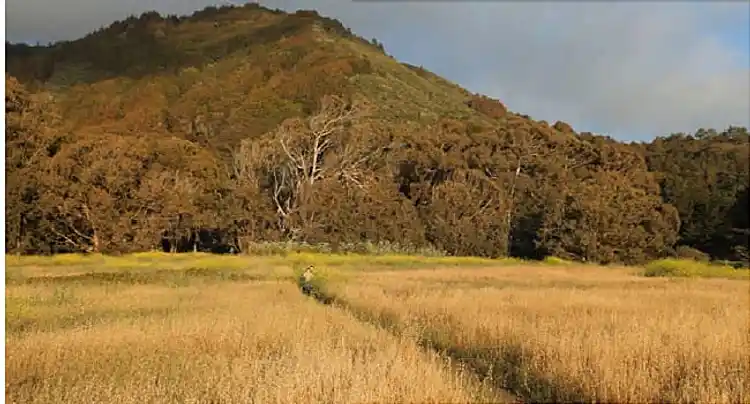Tips for Parents During Allergy Season

Hide Video Transcript
Video Transcript
DR. HUGH SAMPSON
I notice you've got a little crease across here. NATASHA
Yeah. DR. HUGH SAMPSON
Do you do this a lot? NATASHA
Yes. DR. HUGH SAMPSON
OK. That's what we call the allergic salute. So you have an itchy nose? NATASHA
Yeah. DR. HUGH SAMPSON
OK. Do you want to turn sideways a minute? Let me just listen to your back. NATASHA'S MOTHER
This my daughter, Natasha. And we're here today because she's had allergies for a number of years now. And I think that the time has come for us to find a real solution to her allergy problem. DR. HUGH SAMPSON
When we talk about seasonal allergy, we're really talking about the tree pollen season, grass pollen season, and wheat pollen season. Seasonal allergies can be very mild in some people with just a little bit of itchiness of the eyes and maybe some nasal congestion. In other people, it can be almost incapacitating. We're going to go ahead and do some skin tests. And that's just going to give me an idea of what pollens you might be allergic to or whether there are other things in the environment that you may be reacting to. And then we can make a plan of how to deal with that.
NATASHA
OK. DR. HUGH SAMPSON
OK? NATASHA
Thank you. DR. HUGH SAMPSON
In children, we see more symptoms as they get older. And in the child at around 10 years of age, probably about 15% to 20% of the US population in that age group is affected by allergic rhinitis. So it's a very common disorder. So let's just take a look at what you have. This is some tree pollen allergy. And then she also is very grass sensitive.
So some of the non-medical ways to treat seasonal allergic rhinitis is to try to avoid the pollen. We don't want people to be stuck indoors, but things that we do recommend are to keep the windows closed in the early morning, which is the time when most of the pollination occurs so that the pollen doesn't get in the house.
Other things-- if you're outside, especially in heavy pollen season, you come back in the house. You're going to have pollen on your clothes and all over you. If you're still having a lot of trouble, you may want to take a shower, wash your hair, because there's going to be pollen in there. Again, it just depends how much you have in the way of symptoms.
Other things that you might want to think about if on the heavy pollen days if you have a dog and the dog's outside and rolling around, there may be some pollen sticking to the fur. So you may not want to go up and hug the dog or put your face in the dog's fur. As far as where to play, it probably doesn't really matter. Pollen is distributed for miles and miles. So even if you don't have a particular type of tree in your yard that you think or that we know you're allergic to, we know there are many around and the pollen is going to be distributed for hundreds of miles. If you notice that your child is starting to do a lot of mouth breathing, is having frequent sneezing, really seems congested, or if they're having a lot of itching around the eyes and that's bothering them, if you find it's distracting for them in school, they're not sleeping well, this is really a time when you need to get medication started. If you are going to use an anti-histamine, there are several non-sedating, long-acting anti-histamines you can buy over the counter. It is important to get those started early, because they really are meant to block the reaction not to reverse it.
So the first thing that I want you to do is to start an anti-histamine as soon as you see some activity on the tree. So as soon as you see some of the green buds starting, that's a little before the tree pollen is going to start. So I want you to start on the anti-histamine then. I'd like you to take it every day. But you can watch on the website and can find out when the grass pollen stops.
NATASHA
So is it better to take it at night or in the morning? DR. HUGH SAMPSON
Usually with the long-acting anti-histamines, they last all day. So you really can take it just at bedtime and that should cover you all day.
NATASHA
Oh, OK. DR. HUGH SAMPSON
OK? Many of the children actually do outgrow their seasonal allergy. And at this point, we don't really have good ways to tell who will and who won't.
